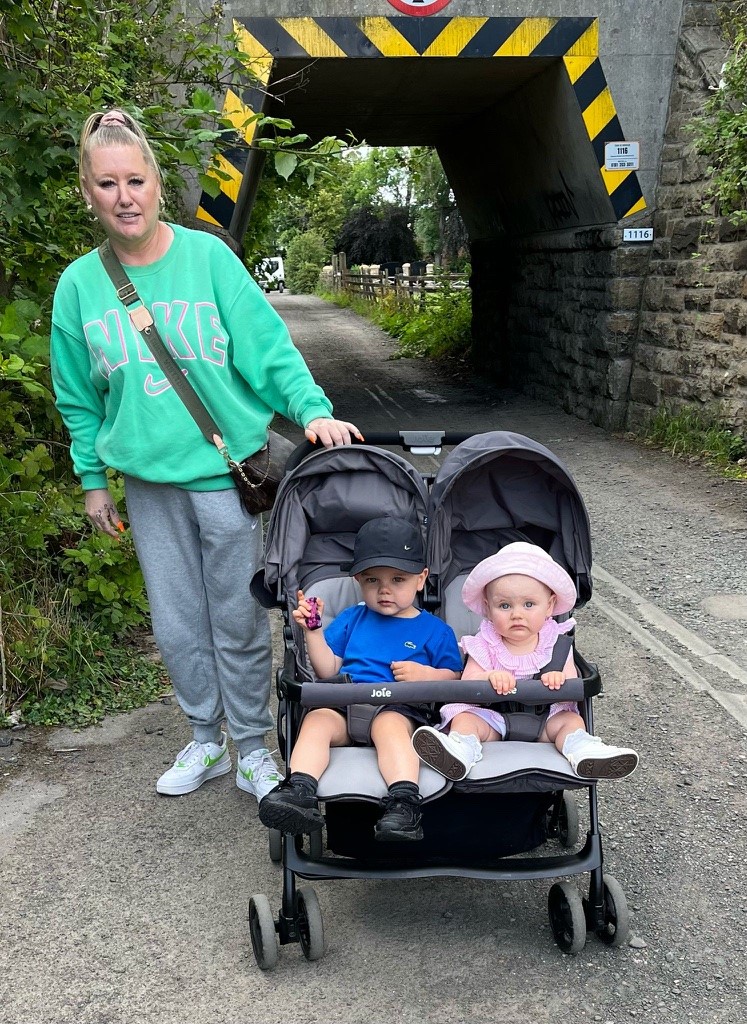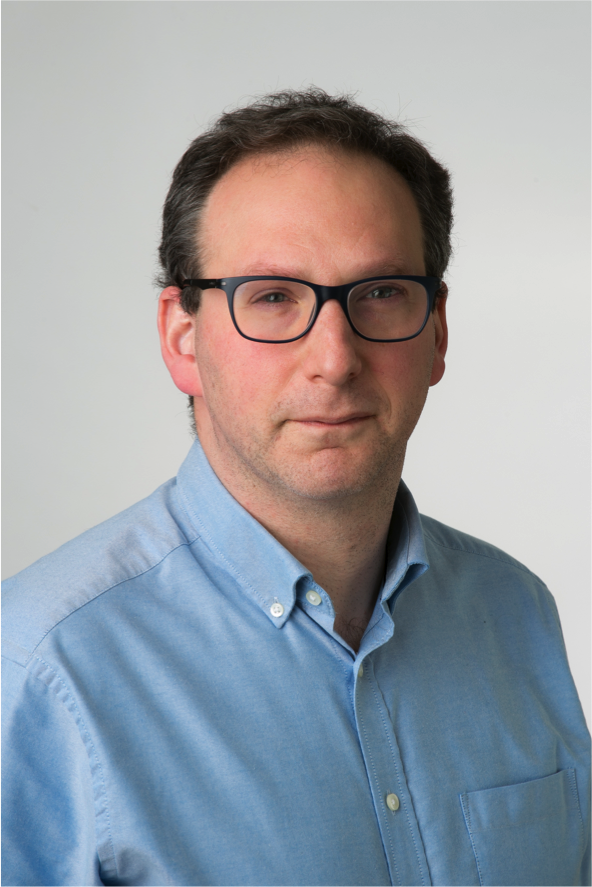Newcastle’s Freeman Hospital has become the first hospital in the world to administer an ‘anti-cancer injection’ which considerably reduces the amount of time it takes administer treatment.
Atezolizumab (Tencentriq®) is an immunotherapy treatment that works by helping the immune system – which protects the body against illness and infection – to find and attack cancer cells.
The drug is usually given through a cannula – a thin tube put into veins in the arm or hand – which takes around 30 minutes to insert. If the vein is hard to find, the process can take up to an hour.
The injection, which takes as little as seven minutes to administer, is a more comfortable experience for patients and can free up valuable time for hospital cancer teams.
Claire’s story

49-year-old Claire McHugh from Newcastle started feeling unwell in 2021. She was losing weight and feeling tired but put it down to coming off medication she was taking at the time.
Claire also noticed she was feeling short of breath and finding it difficult to swallow to the point where she couldn’t lie down flat in bed.
She became more concerned when her daughter pointed out that her neck looked swollen and decided to book an appointment with her GP.
Results of an x-ray identified that Claire’s lungs were full of fluid, so much so that her windpipe had moved to the left.
Claire was referred to Professor Alastair Greystoke, an oncologist at the Freeman Hospital’s Northern Centre for Cancer Care.
He confirmed that Claire had small cell lung cancer (SCLC), which accounts for one in seven lung cancers and usually spreads quicker than non-small cell lung cancer.
Shock diagnosis
Claire said:
“I couldn’t believe it when I was told I had lung cancer. Although I wasn’t feeling great, I didn’t have a cough which is the main symptom I associate with lung cancer.
“At the time, my daughter was expecting her first baby and all I could think of was that I wouldn’t be around for my grandchild.”
Professor Greystoke started Claire on immunotherapy alongside chemotherapy in March 2021 for three months. Since then, she has been having immunotherapy every four weeks, attending ward 36 at the Freeman Hospital.
For Claire, being cannulated for immunotherapy was an uncomfortable experience, so when she was offered the injection as an alternative, she was happy to try it. She is finding it a less painful, quicker experience.
A better experience
Claire continued:
“The injection is much quicker and less uncomfortable than being cannulated, so I’m pleased to be receiving my treatment this way.
“I’m feeling well in myself and taking each day as it comes. My daughter has since had another baby and I absolutely love spending time with my grandkids.”

Prof Greystoke, who is also a lecturer in medical oncology at Newcastle University, adds:
“It can be quite a difficult experience for some patients to be cannulated, so it’s great news that atezolizumab can now be offered by injection.
“SCLC often goes undiagnosed until it’s more advanced. Symptoms include a cough for three weeks or more, feeling breathless for no reason, chest or shoulder pain that doesn’t get better, and coughing up blood.
“As with most cancers, early detection increases the chances of survival, so it’s important to see your GP if you’re concerned about your symptoms.”
The ward 36 team has been administering the sub-cut for around six months and 73 patients have now received their immunotherapy in this way. As well as the benefit to patients, the sub-cut saves the hospital’s pharmacy production unit 45 minutes, compared to when they make an IV formulation
Further information
- The faster treatment comes at no extra cost to the NHS due to an existing commercial deal negotiated between NHS England and the manufacturer Roche.
- More information about lung cancer can be found on the NHS website.
- Newcastle University and Newcastle Hospitals are both part of Newcastle Health Innovation Partners (NHIP). NHIP is one of eight prestigious Academic Health Science Centres (AHSCs) across the UK, bringing together partners to deliver excellence in research, health education and patient care.
